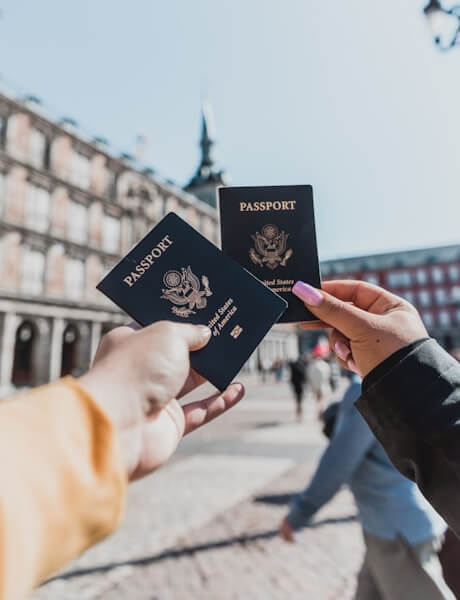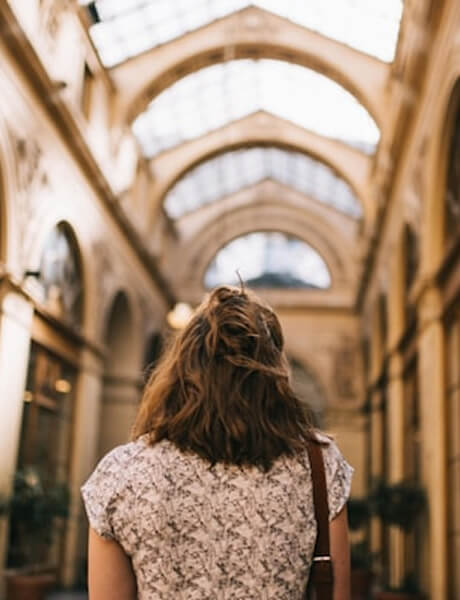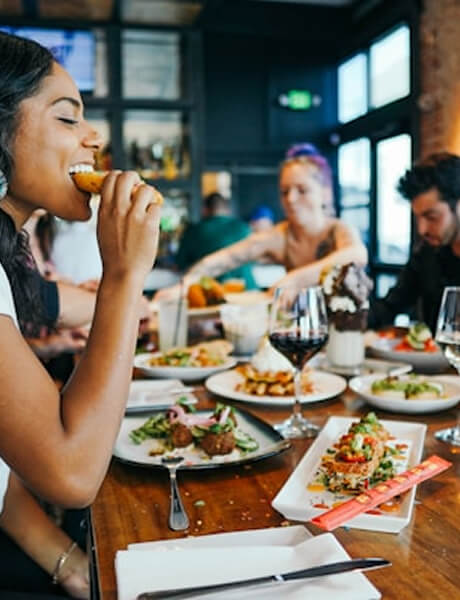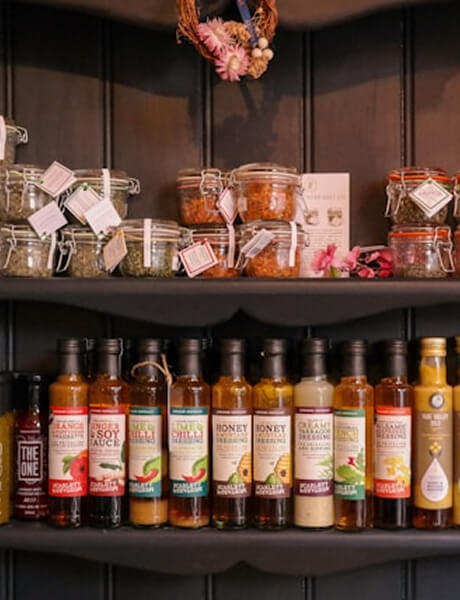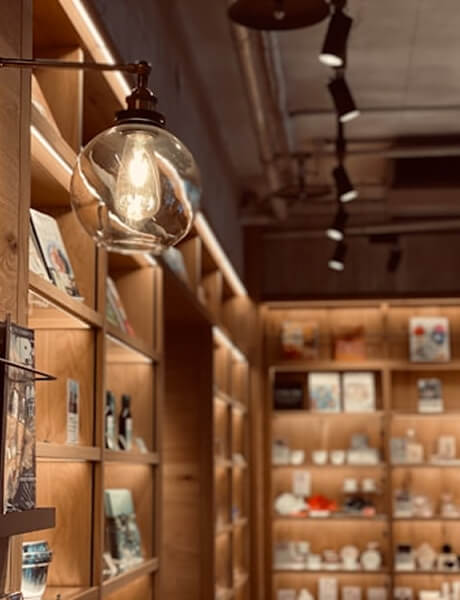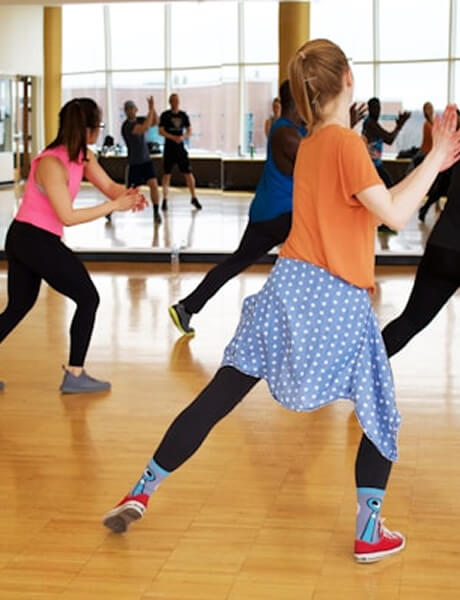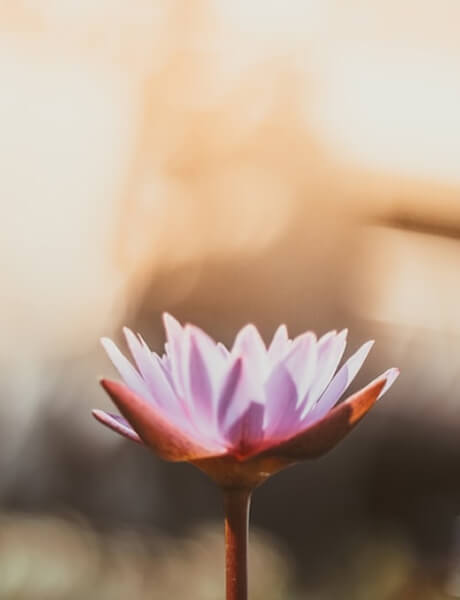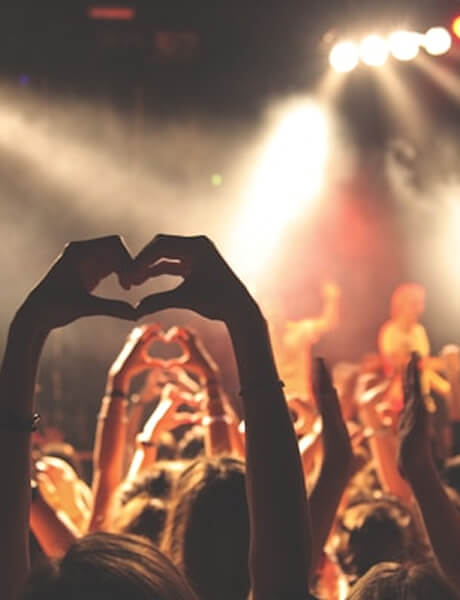
Travel guide Russie
The best time to go en Russie
Practical information for travel en Russie
Get your travel guide: RUSSIE

What to see what to do en Russie?

Where to go en Russie?
The most beautiful tourist sites
Other en Russie destinations
Régions
Départements
Zones touristiques
Petit Futé's best addresses en Russie
Discover the most beautiful addresses selected by the authors of Petit Futé.
Featured articles de Russie

Les incontournables de Moscou
Updated on 22/09/2025 Ideas for holidays & weekend

Top 15 of the world's most beautiful museums in 2025
Published on 17/07/2025 Activities and experiences
Art and architecture lovers, wherever you are in the world, there's sure to be a museum to please you. From Paris to Taipei, New York to Mexico City, Petit Futé offers you its selection of the world's...

Where to go to see volcanoes erupt? Top 13 destinations in 2025
Published on 03/02/2025 Activities and experiences
What if this year gave you the urge to go on an adventure? Everywhere on the planet, erupting volcanoes offer marvellous sights and unique memories to the walkers who come to survey them. So, from...
How to travel en Russie
How to go alone
Not knowing the Russian language is no longer an obstacle, except perhaps in the countryside, as English is becoming more and more widely spoken. You will easily find flights to St. Petersburg or Moscow, you can book your hotels in town from home. On the spot, according to the itinerary you have imagined, you can always connect one point to another by bus or train.
How to go on a tour
Russia tour packages are a good option. They usually take place over three weeks, which allows you to discover several regions efficiently as everything is organized and you will not waste your time looking for your route or your accommodation. Another advantage is that you don't have to worry about your visa.
How to get around
Domestic flights are efficient but expensive. Take at the bus station, buses and marshrutkas that criss-cross the country at unbeatable prices. But it is the train that will make you take the measure of the country, samovar within reach of cup, with or without berth. A high-speed train connects Moscow and St. Petersburg in 5 hours. Cruise ships travel the rivers. In Moscow, boats sail on the Moskva River at a low price. In Moscow and St. Petersburg, prefer cabs to buses.
Book your next trip with Kayak
Travel en Russie
Ideas for holidays and week-end breaks en Russie
Services

Find a hotel with Booking.com

Rent a car with Bsp-auto

Create a blog and travel journal
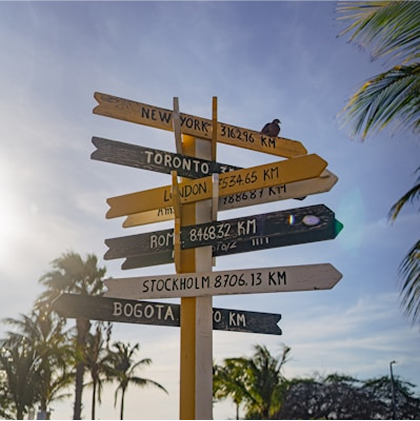
Find an agency with Quotatrip
Find unique holiday offers with our partners
Discover la Russie
Russia is probably one of the most fascinating destinations for travellers from all over the world, but its image is often adorned with clichés. But are they really? To allow you to get to the heart of the matter before you set foot there, this chapter offers you an overview of the history that has shaped this country as vast and multiple as a continent, of its cultural, ethnic or architectural melting pot. You will also learn more about the country's economic and social issues, its rich and varied culinary traditions, but also its legendary climate... from the Volga River to the Trans-Siberian Railway, including vodka and the history of its tsars, we try to give you a portrait of a country with a thousand faces!
The 12 keywords en Russie

#Baths
Sauna and Russian bath (bania) are very popular in Russia where, during the harsh winters, it is customary to warm up by flogging oneself with a kind of small broom made of birch branches. Bathing is an art of living: you spend your Saturday afternoon there, you eat and drink. The luckiest ones have a sauna in their dacha!
#Calendar
It is well known that the October revolution was in fact a November revolution. In 1918, the new Soviet government set the record straight by adopting the Gregorian calendar. But religious holidays still follow the 13-day Julian calendar: Christmas is celebrated on January 7 and the Old New Year on the evening of January 13.

#Cyrillic
This alphabet was created in the 9th century by the Byzantine monks Cyril and Methodius for liturgical purposes to evangelize the Slavs. It consists of 33 signs that can be learned in just a few hours. Then, nothing could be simpler to get off at the right station or find a coffee: in Russian, almost all the letters are pronounced.
#Datcha
Ah... the dacha, that small space of its own, far from the impersonal community of Soviet checkered cities. Russians love the countryside and many of them migrate on Friday evenings to their small, even very modest, houses outside the city. Small isba of painted wood, a small flowery garden by the roadside, a few vegetables: happiness!
#Measurement
A stereotype with its share of truth: in Russia, you have to think big (not to mention the size of the country). The largest bridge, the largest housing complex, the largest bookstore, the largest number of rooms in a hotel? A tendency to excess, which is embodied in the infrastructure, but also love and resistance!
#Kvas
If you spend the summer in Russia, you will surely come face to face with a yellow cistern bearing the arms of KBAC (kvas), the traditional Slavic fermented drink made from stale bread. Halfway between cider and Coca-Cola depending on the preparation, kvas is very thirst-quenching and, it seems, excellent for your health.

#Orthodoxy
The link between the Orthodox religion and Russian identity is as complex as Russia, between a "Third Rome" Moscow and communist Boga Net ("There is no God"). Since 1991, Russia's religious revival has been primarily political: the patriarch is close to the president and conservative spiritualities serve the government.
#Aboriginal People
Aboriginal, indigenous, national... the situation of the peoples colonized by the Russians varies, but their fate is generally not enviable, despite the official discourse that values the country's diversity. From the Far North to the Caucasus, people have fought to preserve their traditions and their land, and ecology is the new battle horse.
#Poetry
Failing to grasp the particularities of a Russian soul that exists only in the imagination of Europeans, you can try to get closer to it by immersing yourself in the writings of Russian poets who, for centuries, have set the rhythm of the daily lives of the country's inhabitants. After all, poetry in Russia is almost a matter of spirituality..
#RuNet
The Russian part of the internet is called RuNet: a collection of social networks, search engines and sites designed by and for Russians. The goal is political (digital sovereignty), but also practical, as Western sites are not adapted to the particularities of Russian. Forget Facebook and Google, this is Yandex, Vk and Telegram!

#Theatre
Russians love to go to the theatre and have produced some of the most talented playwrights and choreographers in the world. The USSR has scattered the country with a dense network of public theatres: prices are affordable and people go there very regularly. And Russian-speaking or not, it is absolutely necessary to take the opportunity to see an opera or a ballet!
#Vodka
Another stereotype that's having a hard time! Vodka consumption in Russia is much lower than it used to be, and it is now considered bad enough to drink too much. A few rules to follow though: we avoid cheap vodka, we don't drink without toasting and of course, we don't mix! Russian vodka is delicious, so it should be drunk neat
You are from here, if...
You're not afraid of distance or the road. You have mastered the art of travelling and the waiting that goes with it, whether you want to spend several days on the train or make a round trip to the avtovokzal to find out the schedule of the next marchroutka!
You have the RuNet reflex, and can order a YandexTaxi, orient yourself on YandexMaps and check the restaurant schedule on Vkontakte.
But don't forget to read: wherever you are, you always carry a book with you. There's nothing better than a classic of Soviet literature to enjoy the Moscow metro.
You don't miss a chance to drink tea anymore. At the restaurant? Tea. On the train? Tea. In the morning? Tea. In the evening? Tea. You know how to handle the samovar, and serve tea "à la russe" by pouring a very concentrated decoction first and then adding water. Finally, in the event of a tea bag, you know how to save it by passing it from one cup to another.







